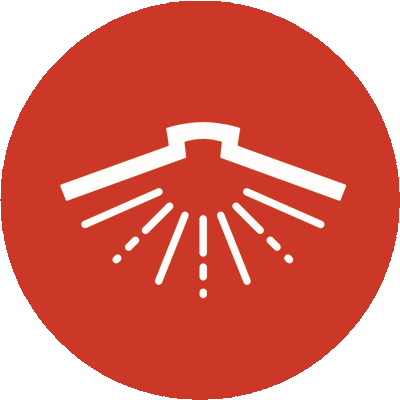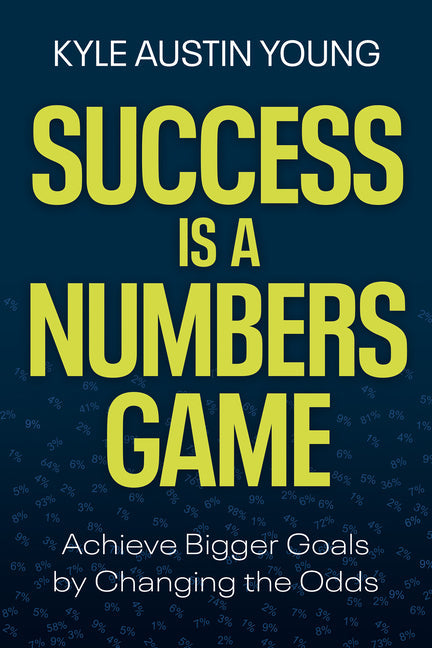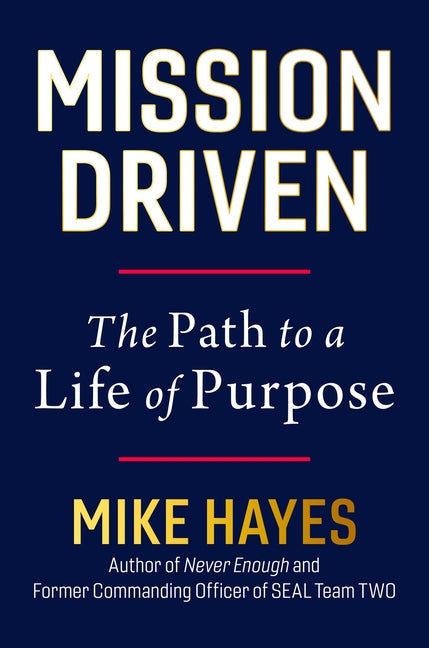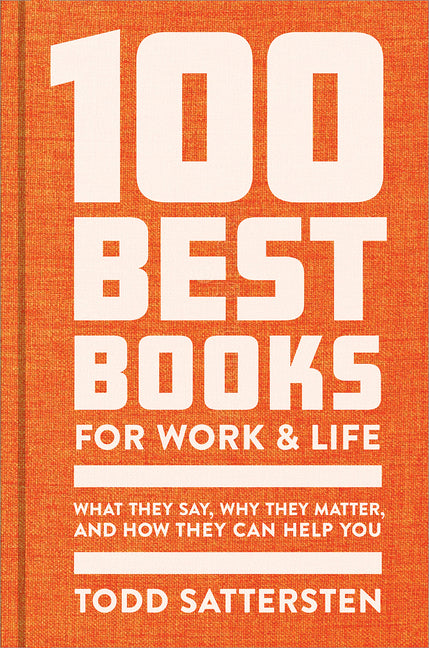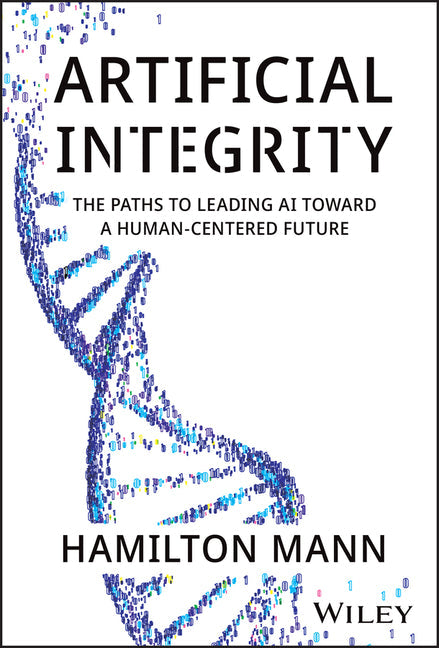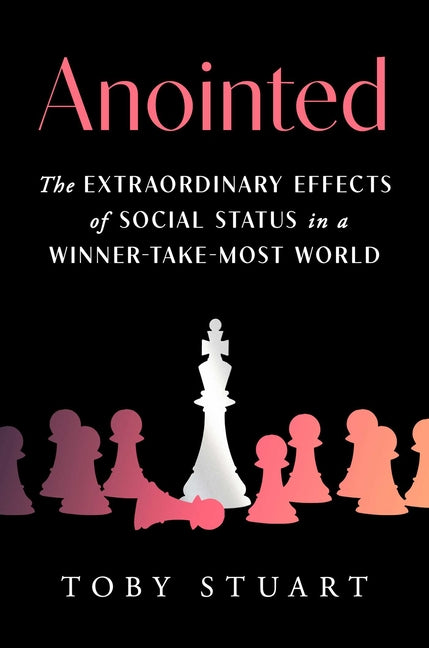A Q&A with Aymann Ismail, Author of Becoming Baba
From Slate staff writer Aymann Ismail comes an exquisite memoir about fatherhood, religion, and the search for identity in an ever-shifting world.
 The son of Egyptian immigrants, Aymann Ismail came of age in the shadow of 9/11, tracking the barrage of predatory headlines pervading the media and influencing the popular consciousness about Muslims. After a series of bomb threats were directed at his Islamic school in Teaneck, New Jersey, just a few miles from downtown Manhattan, his parents—anxious that it was no longer safe to be so explicitly Muslim—enrolled him in public school, where he was the only Muslim his new friends had ever met. In the privacy of their home, they turned to their faith for guidance on how to live, adhering to traditional notions about gender roles, and avoiding the putative American dangers of alcohol, sex, and rebellion.
The son of Egyptian immigrants, Aymann Ismail came of age in the shadow of 9/11, tracking the barrage of predatory headlines pervading the media and influencing the popular consciousness about Muslims. After a series of bomb threats were directed at his Islamic school in Teaneck, New Jersey, just a few miles from downtown Manhattan, his parents—anxious that it was no longer safe to be so explicitly Muslim—enrolled him in public school, where he was the only Muslim his new friends had ever met. In the privacy of their home, they turned to their faith for guidance on how to live, adhering to traditional notions about gender roles, and avoiding the putative American dangers of alcohol, sex, and rebellion.
And yet, Aymann is undeniably an American teenager, negotiating his place in multiple worlds while chafing against the structures of his upbringing. He eventually embarks on a career in political journalism, in part to establish his own version of things. In time, though, he also gains a deeper understanding and appreciation for his parents' values and sacrifices—his father’s grueling work ethic as a town car driver, and his mother’s adeptness at managing their itinerant family.
When Aymann meets and falls in love with Mira, a woman with her own ideas about the modern Muslim family, his world shifts yet again. After Mira gets pregnant with their first child, Aymann begins to reckon with his past, future, and the beliefs that have shaped his life. What does it mean to be a Muslim man? More still, what does it mean to be any man—and a father to a baby boy and girl? And how best to honor one’s cultural heritage while holding space for change and discovery?
In lucid, confident prose, Aymann Ismail questions the sturdy frameworks of religion and family, the legacies of his childhood, and what will become his children's ethical and intellectual inheritance. To reckon unflinchingly with these questions offers him a road map for his young Muslim children on how to navigate the singular journey into adulthood.
Aymann recently took some time to answer some of our questions about his new book—and other books that have influenced or inspired him along the way.
◊◊◊◊◊
Porchlight Book Company: Writing a book is no small undertaking. What compelled you to write this one?
Aymann Ismail: I’m a writer by trade. I work at Slate Magazine where I try to unpack these really tangled, emotionally charged narratives that are both deeply personal and politically volatile. I’m Muslim and Arab American, but I try to write stories about all communities, because our experience with being flattened and misrepresented I think is much more universal than most people realize.
Then I found out I was going to be a Baba, and suddenly all these questions started pounding in my chest: What kind of dad do I want to be for my kids? I haven’t yet become the ideal Muslim I imagined I’d become before having kids, so am I even ready to be a Baba? How does one even raise confident Muslim children in Trump’s and Stephen Miller’s America?
My instinct was of course to write. So I started with a few essays, like one about trying to come up with the perfect Muslim baby name that’s also flexible and universal. That piece blew up. I was getting emails every day from Muslim families begging me to share my spreadsheet of names I mentioned in the piece. And that made me realize I wasn’t the only one craving something like this. I kept looking for a book, something honest and grounded that reflected what it means to raise the next generation of Muslim kids while still feeling like you haven’t yet found your own place in the faith. I couldn’t find it. So I wrote it.
Also, my kids are extremely cute. One day they’re going to start asking big questions, and I wanted to leave them something that shows how hard I thought about the world I’m trying to build for them. A map through the fog, drawn while I was still in it.
PBC: Writing (and reading) always prompts as many new questions as it offers answers to the ones you came to it with. What is one unanswered question you encountered as you wrote the book that you are most interested in answering now?
AI: There’s a moment in the book where I ask my Mama for advice on how to raise Muslim kids in America. And she just shrugs and goes, “I wouldn’t know.” It was brutal. That was really hard to hear. Nobody wants their mother to say, essentially, I failed as your mom.
But finishing the book helped me understand where that feeling might come from. My mom grew up in Egypt, immersed in a culture that reinforced her faith and identity in every possible way. Then she leaves and tries to raise us as perfect Muslims in New Jersey, post-9/11. I think her disappointment comes not just from the outcome, but from how impossible those conditions were. And I get it now more than I did when she said it, but there’s still so much I haven’t figured out.
I’m still terrified of ending up in the same place. I’m trying not to hand down shame or spiritless dogma, but I also don’t want to give my kids an empty box where their cultural heritage should be. So I’m trying to teach them as best as I could while also being honest with myself about my doubts. Sometimes I catch myself praying really loud so that my Mama can hear me and “catch” me in the act. I tell myself that it’s so that she knows she didn’t fail entirely. But maybe I’m doing it so I can believe that I won’t either. I don’t know.
PBC: If there is only one thing a reader takes away from reading this book, what would you hope it to be?
AI: That in trying to be Muslim, people are responding to so many things around them and that the Quran often isn’t even near the top of that list. In Becoming Baba, I walk readers through the first time I ever cracked open a Quran to look for answers. It was after I got arrested by the NYPD and made to pick up trash in the park as community service. Not exactly a spiritual high point. But I was reaching for something and what I found left me frustrated and confused. I didn’t understand the Arabic much at all. I still don’t, to be honest.
And yet, I’m still Muslim. I still feel deeply connected to those guys in the Middle East wearing sandals and loose-fitting galabeyas, even if we probably wouldn’t agree on anything in a group chat. There’s something quietly radical when you try and understand how people can be so different yet claim the same identity. That’s something I wish we celebrated more, how wide the margins really are in any faith or culture, especially when it seems like everyone is fighting to narrow them down.
I’ve spent a lot of time as a journalist interviewing all kinds of people from MAGA loyalists, Antifa activists, to those weird Boogaloo Boys in Hawaiian shirts who carry guns but also kind of want you to know they’re here for a good time. What I’ve learned is that everyone craves simplicity. Everyone wants their group to be the one that fixes it all. But people are always more complicated and funnier than their group memberships let on. That’s what I hope readers walk away with. Becoming Baba is a story that’s intriguing, funny, heartfelt, and completely shifts how you think about people.
But if that’s too lofty a goal, I’ll settle for: “Well, that was fun to read.”
PBC: One of the great things about books is that they tend to lead readers to other books. What book[s] related to this topic would you recommend people read after (or perhaps even before) reading your book?
AI: I’ll Tell You When I’m Home by Hala Alyan. Despite the ongoing horror facing Palestinians in Gaza and the West Bank, we’re right now in the middle of a cascade of brilliant works from one of the most brilliant generations of Palestinian writers. I’d rank Hala near right at the top. Her writing is stirring and beautiful, but also structurally daring in ways that sneak up on you. The way she threads her pieces together will leave you both smiling and staring at the ceiling when you're trying to fall asleep. She’s a dazzling writer, so maybe read it after Becoming Baba :)
PBC: What is your personal favorite book?
AI: Shubeik Lubeik by Deena Mohamed. She’s a young Egyptian graphic novelist, and this series is like the dream project we all tried to pull off when we were young and starry-eyed and failed miserably. But she actually did it, and executed it with a level of perfection it’s hard to exaggerate it’s magnificence. I love everything about this book: the storyline, the characters, the setting in a magical, alternate version of modern Egypt. It made me feel tethered to a country my family left behind before I was born in a way I didn’t think was possible. I loved it so much I bought it twice more (one to gift to a friend, and one to seal in the back of my closet like a family heirloom). And I’ve met Deena a couple times—she’s just effortlessly cool. Please go support her. Buy 10 copies.
PBC: What are you reading now?
AI: I just cracked open A Splintering, the new novel by Dur e Aziz Amna. She lives in Newark, NJ, not far from me, and it’s been such a blessing to have someone that gifted, that thoughtful, and that rooted in her Muslim identity so close by. What I’ve read so far is so gripping. I’m someone who often reads a couple chapters of a book, puts it down, and then forgets it exists. But I can already tell that’s not going to happen here. It feels like a hard-hitting, timely story, which is exactly what I need to be reading right now.
PBC: Do you have any future projects in the works that we can look forward to?
AI: Honestly? Right now I’m just trying to survive this launch period. Becoming Baba is my first book, and while I’ve done video projects and co-hosted a series on PBS, this experience is like nothing else. I’m excited—but also totally locked in on making sure I do right by the book, keep up my writing for Slate, stay present as a Baba, and also support my wife, who has taken on more than her fair share to help me through this stretch.
If you made it this far in the Q&A, can you do me a solid and send it to a few other people you know who you think would like a book like this one? I’m doing my best to get the word out, but I’m also the guy who wrote most of this book with one arm holding a baby bottle and the other typing, and I can use your help. I’d love to write another book someday. But for now, I’ve got to make up for some lost time with the family of my dreams. Much love, spread kindness, be gentle, power to the people.
About the Author
AYMANN ISMAIL is an award-winning Slate magazine staff writer whose journalism focuses on identity and religion. He is the creator of the Slate video series "Who's Afraid of Aymann Ismail?," in which he offers an intimate portrayal of American Muslims. Ismail also hosts "Man Up"—a podcast exploring men, relationships, family, race, and sex—which seeks to provide a blueprint for navigating discussions of masculinity. In addition to Slate, his work has been featured on CNN, The New York Times, NPR, GQ, The Atlantic, Columbia Journalism Review, and The Huffington Post. Ismail’s writing has been nominated for the National Magazine Award in reporting and he has won a Writers Guild Award. He lives in Newark, New Jersey with his family.

